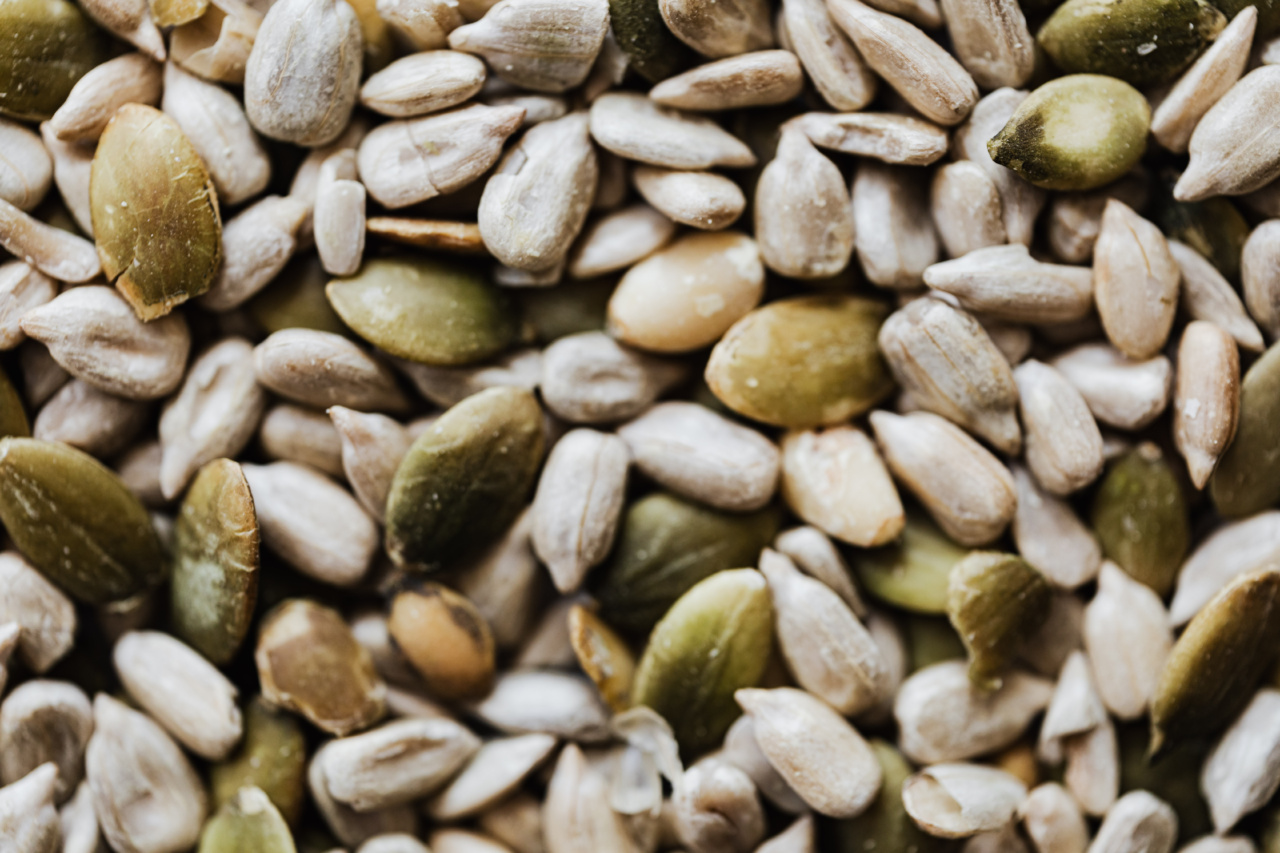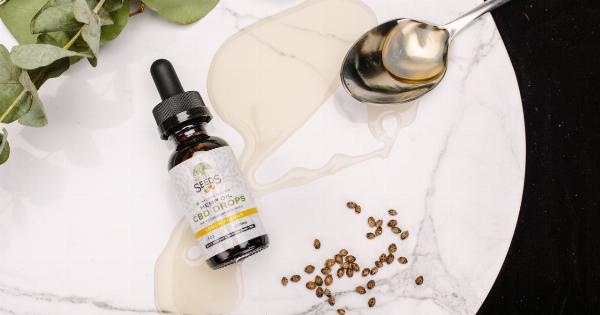Acne is a common skin condition that affects millions of people worldwide. It is characterized by the presence of pimples, blackheads, and whiteheads on the face, chest, back, and shoulders.
While acne is primarily caused by hormonal imbalances and increased sebum production, there are several external factors that can aggravate the condition.
Pumpkin seed oil has gained popularity in recent years as a natural remedy for acne. Rich in antioxidants, essential fatty acids, and vitamins, this oil is believed to have numerous benefits for the skin.
In this article, we will explore the impact of pumpkin seed oil on acne and whether it is a suitable treatment option.
The Science Behind Pumpkin Seed Oil
Pumpkin seed oil is derived from the seeds of the pumpkin (Cucurbita pepo). These seeds are rich in various nutrients that are beneficial for the skin.
One of the key components of pumpkin seed oil is zinc, a trace mineral that is known to have anti-inflammatory properties. Zinc helps regulate sebum production and reduces the formation of acne-causing bacteria on the skin.
In addition to zinc, pumpkin seed oil contains essential fatty acids such as omega-3 and omega-6. These fatty acids help maintain the skin’s natural barrier function and promote healthy cell turnover.
They also possess anti-inflammatory properties, which can reduce redness and swelling associated with acne.
Furthermore, pumpkin seed oil is rich in antioxidants, including vitamin E and carotenoids. These antioxidants protect the skin from oxidative stress caused by free radicals, which can worsen acne symptoms.
Vitamin E also helps soothe and repair damaged skin, promoting a healthier complexion.
The Benefits of Pumpkin Seed Oil for Acne
Several studies have investigated the effects of pumpkin seed oil on acne and have highlighted its potential benefits:.
1. Regulation of Sebum Production
Sebum, an oily substance produced by the sebaceous glands, plays a crucial role in skin health. However, excessive sebum production can clog pores, leading to the development of acne.
Pumpkin seed oil contains zinc, which helps regulate sebum production, reducing the likelihood of clogged pores and acne breakouts.
2. Antimicrobial Properties
Acne is often caused by the proliferation of Propionibacterium acnes, a type of bacteria that resides on the skin.
Pumpkin seed oil possesses antimicrobial properties, which can help inhibit the growth of these acne-causing bacteria, leading to a reduction in acne symptoms.
3. Anti-Inflammatory Effects
The essential fatty acids found in pumpkin seed oil have been shown to possess anti-inflammatory properties. Inflammation plays a significant role in acne development and can lead to the formation of red, painful pimples.
By reducing inflammation, pumpkin seed oil can help alleviate acne symptoms and promote clearer skin.
4. Antioxidant Protection
Pumpkin seed oil is rich in antioxidants, including vitamin E and carotenoids. These antioxidants help protect the skin from oxidative stress caused by free radicals.
By neutralizing free radicals, pumpkin seed oil can prevent further damage to the skin and promote a healthier complexion.
5. Skin Hydration
Pumpkin seed oil is a lightweight oil that is easily absorbed into the skin, providing deep hydration without clogging pores.
Proper hydration is essential for maintaining healthy skin, as it helps prevent excessive dryness and sebum production, both of which can contribute to acne.
How to Use Pumpkin Seed Oil for Acne
If you are considering incorporating pumpkin seed oil into your skincare routine to help manage acne, here are a few ways to do so:.
1. Topical Application
Pumpkin seed oil can be applied directly to the skin as a moisturizer or spot treatment for acne. Ensure that your face is clean before applying a small amount of oil to the affected areas. Gently massage the oil into the skin until fully absorbed.
Leave it on overnight or rinse off after a few hours, depending on your preference.
2. Oil Cleansing Method
The oil cleansing method involves using oil to cleanse the skin and remove impurities, including excess sebum. Mix a small amount of pumpkin seed oil with a carrier oil such as jojoba oil or grapeseed oil.
Massage the oil mixture onto your face in circular motions, focusing on acne-prone areas. Rinse off with warm water and pat dry.
3. DIY Face Mask
Create a DIY face mask by combining pumpkin seed oil with other acne-fighting ingredients such as honey, turmeric, or yogurt. Apply the mask to your face, leave it on for 10-15 minutes, then rinse off with warm water.
This can help reduce inflammation and promote clearer skin.
Potential Side Effects and Precautions
While pumpkin seed oil is generally considered safe for topical use, it is essential to patch test the oil on a small area of your skin before applying it to your face. This will help determine if you have any adverse reactions or allergies to the oil.
If you experience any itching, redness, or irritation after applying pumpkin seed oil, discontinue use immediately and consult a dermatologist.
Additionally, if you have a known allergy to pumpkin or other seeds, avoid using pumpkin seed oil to prevent any allergic reactions.
Conclusion
Pumpkin seed oil has shown promise in the management of acne due to its anti-inflammatory, antimicrobial, and antioxidant properties.
Its ability to regulate sebum production and promote skin hydration makes it a potentially suitable treatment option for acne-prone individuals.
However, it is important to note that pumpkin seed oil should not replace traditional acne treatments recommended by dermatologists.
It can be used as a complementary approach to enhance the effectiveness of your skincare routine and help promote healthier skin.






























